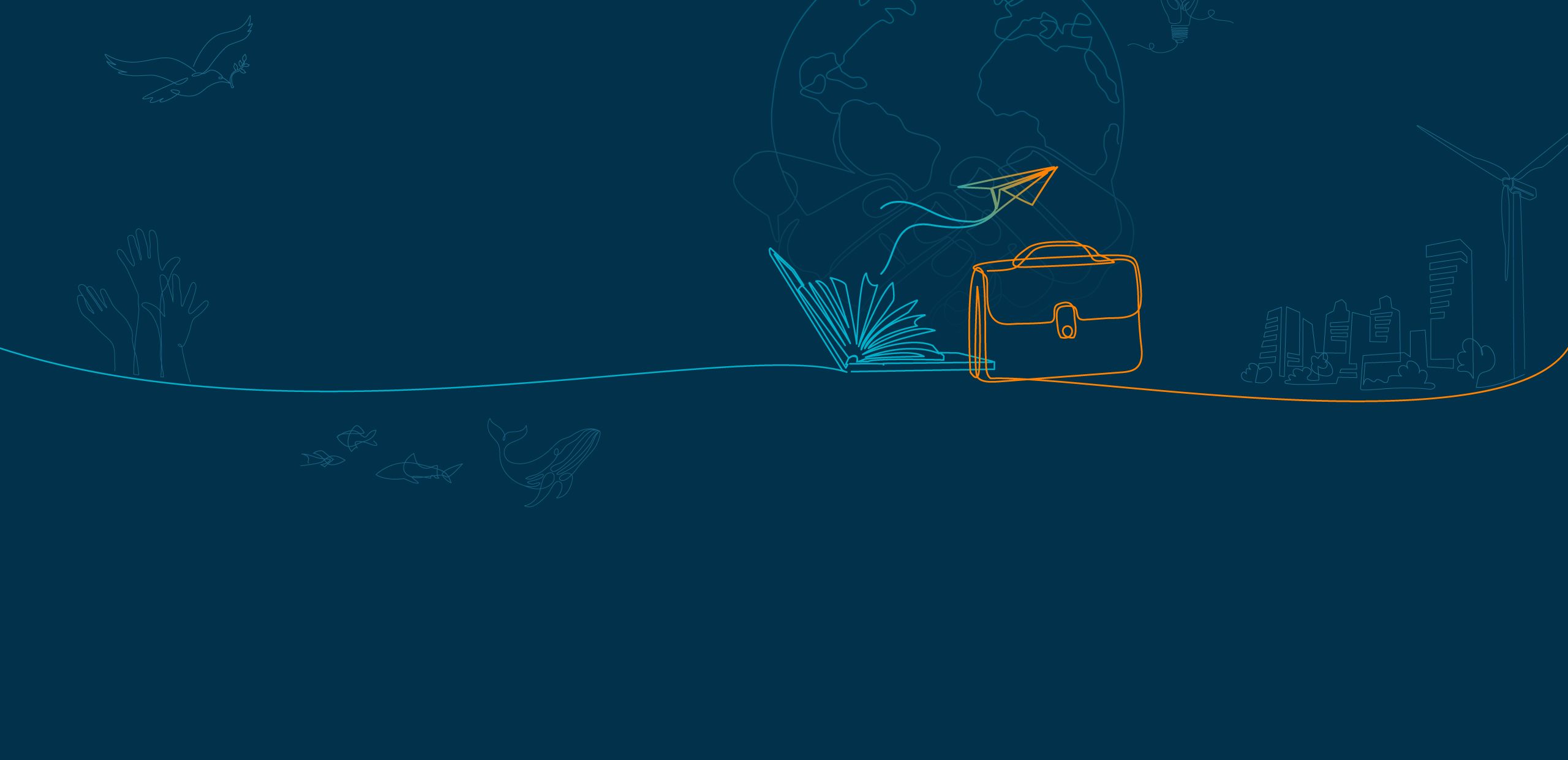Executive summary

This report examines the influence of published research on policies linked to the SDGs, as a signal of real-world impact on internationally agreed priorities. Using Overton Index, the world’s largest database of policy documents, we analyse more than 12 million documents published between 2015 and 2025. Results explore who is producing SDG research, whose work is cited in policy, how citation patterns vary geographically, and how different publishing models influence policy uptake.
Key findings
The SDGs provided a framework rather than a shift in direction.
- In 2024, SDG-related articles accounted for ~24% of all research published, continuing a growth trend that began well before 2015.
- The proportion of policy documents classified to an SDG has remained stable year on year since 2000, suggesting that SDGs measure rather than redirect policy priorities.
Policy documents tied to SDGs use more research evidence.
- Policy documents that reference other documents and are related to an SDG cite research outputs more than those not aligned with an SDG.
- Policies connected to society-related SDGs, as defined in the Stockholm Resilience Centre’s “wedding cake” model,1 draw most heavily on academic evidence, reflecting urgent global challenges.
Think tanks, NGOs, and IGOs are playing a vital role in translating research into policy.
- These organisations cite research more frequently than government or legislative sources, underscoring their role as knowledge brokers.
Global North research has a disproportionate influence on SDG policy.
- 78% of research cited in SDG policy includes authors based only in countries in the Global North, including the US, UK, Canada, and EU member states.
- Nearly 47% of publications cited in SDG policy have at least one US-based author, followed by the UK (18%). When compared with the overall share of publications, this share of citations is substantially higher than the share of SDG-related published articles for both countries.
Research from authors based in China is widely cited in SDG policy documents.
- IGOs account for 25% of SDG policy citations to Chinese research, followed by the US (22%), UK (8%), EU (7%), and Germany (6%).
- Chinese research plays a particularly strong role in global health and environmental policy.
For most countries examined, domestic research makes up less than 10% of SDG policy citations.
- Australia, India, and Brazil stand out as exceptions, citing local research in 43%, 41%, and 40% of SDG-related policy documents, respectively, indicating a higher alignment between research and national policy goals.
Global South policy remains highly dependent on Global North research.
- Countries examined in Africa, Latin America, and the Middle East tend to cite research from high-income countries in the Global North, especially the US and UK.2
- Few countries examined in the Global South cite each other’s research, highlighting a gap in South-to-South knowledge exchange.
Publication models can influence SDG policy impact.
- OA is associated with increased research impact in SDG policy from LMICs. For example, policymakers in Argentina, Brazil, Kenya, Nigeria, and South Africa cite OA research more frequently (over 50% of citations) than non-OA. However, non-OA content remains more highly cited elsewhere, including in India and Egypt.
- Open access work is cited more quickly and more frequently. Across a sample of Springer Nature hybrid journals, OA articles were cited in SDG policy sooner (median 501 vs 817 days) and more often than non-OA articles.
- Inclusive journal articles (publishing technically sound research) are cited in SDG policy as often as those published in selective journals. From a different sample of Springer Nature fully OA journals, inclusive journals receive slightly more SDG policy citations per research article than comparative selective journal articles.
- Policymakers value synthesis and accessible document formats. Policy documents cite a high proportion of non-primary research content, including reviews, letters, and news, indicating that summaries and synthesis are valued in policymaking.
1 SDGs 1–5, 7, 11, and 16.
2 Countries examined were Argentina, Brazil, Egypt, Kenya, India, Mexico, Nigeria, and South Africa. These were selected based on volume of SDG research published.
Opportunities for the publishing community
Our analysis provides a rich dataset for understanding how research supports SDG policymaking, and how publishing amplifies that impact. While policy citations are only one signal of impact, they offer clear pathways for publishers and our wider network of societies, editors, and editorial boards to strategically advance research’s contribution to sustainable development.
Publishers can:
Prioritise SDG-relevant publishing programmes.
Research in health, environment and social development represents the strongest areas of research-to-policy connection.
Build partnerships with think tanks, IGOs, and other research intermediaries
to foster knowledge exchange from research to policy.
Increase efforts to widen geographic representation
to raise the visibility of research beyond the Global North in policymaking.
Support inclusive journals,
which attract a wider range of authors, especially in the Global South.
Recognise the value of research that has regional impact,
and publish technically sound work that shows evidence of positive change in particular locations or communities, as well as work that is applicable in many different settings.
Invest in OA models
to boost the use of research in Global South policy and accelerate policy impact.
Commission and promote policy-ready content,
such as reviews, news, editorials, and letters. Support researchers in the translation of research findings into accessible summaries that meet policymaker needs.
Convene members of the research and policy communities,
for example, through events, bringing people together to foster stronger collaboration and knowledge exchange.
By aligning publishing strategies with the SDGs, publishers and their partners can help ensure that high-quality, timely research can contribute meaningfully to the UN’s 2030 Agenda.
















